Is travelling only for the rich?
Travel in Southern Africa is often seen as a luxury, but the region offers layers of experiences, from budget road trips and camping to high-end safaris.
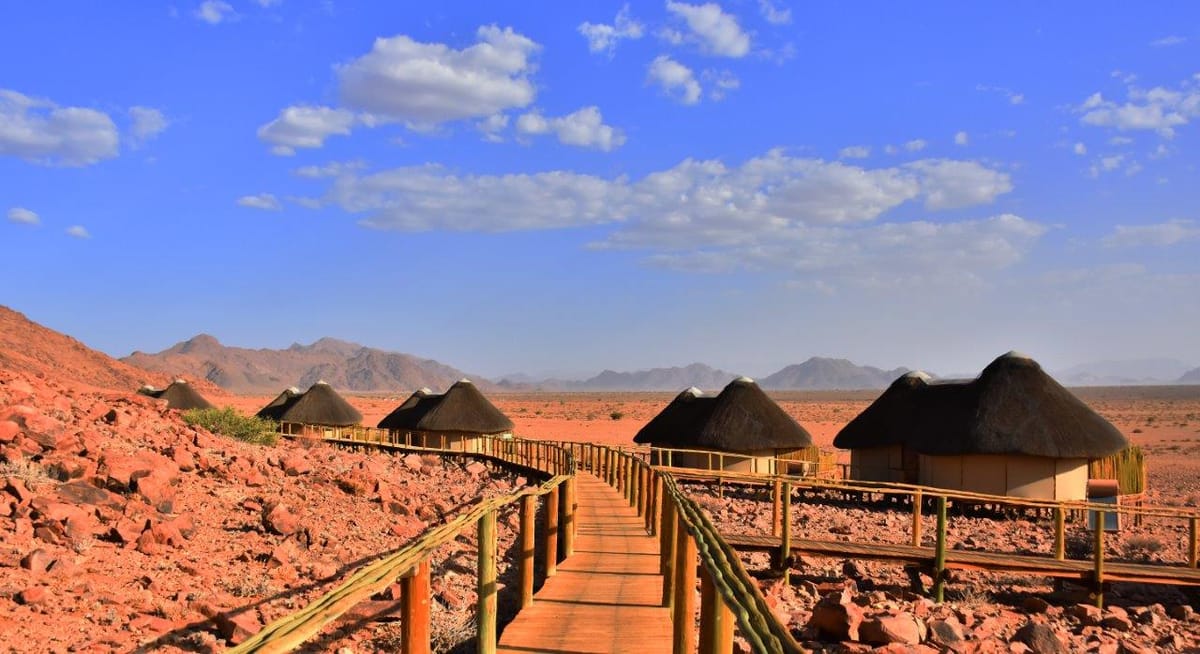

Travelling often carries a reputation of exclusivity, a pursuit for those with deep pockets and limitless leisure time.
In Southern Africa, where safaris are priced in dollars and luxury lodges dot the landscapes of Botswana and South Africa, it is easy to see why the idea persists. Yet when one looks beyond the polished brochures of private game reserves and designer travel packages, a far more accessible world of exploration reveals itself.
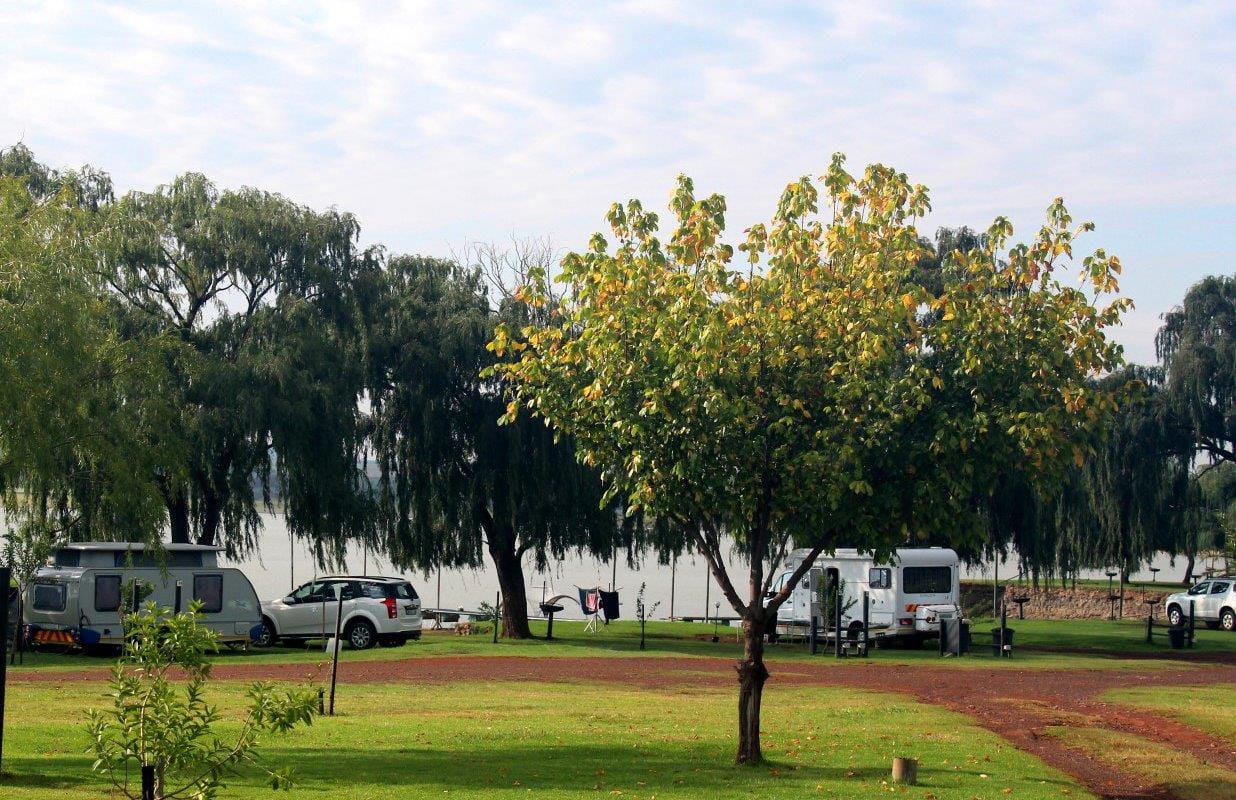
The truth is, travel in Southern Africa can be as affordable or as extravagant as you choose it to be. A self-drive journey through the Kruger National Park, for instance, costs just a few hundred rand per day in conservation fees, with camping or budget accommodation available both inside and around the park.
Compare this to the price of a luxury lodge in Sabi Sand that may run into several thousand rand per night, and it becomes clear that the act of travel itself is not the preserve of the wealthy, but the choice of style makes all the difference.
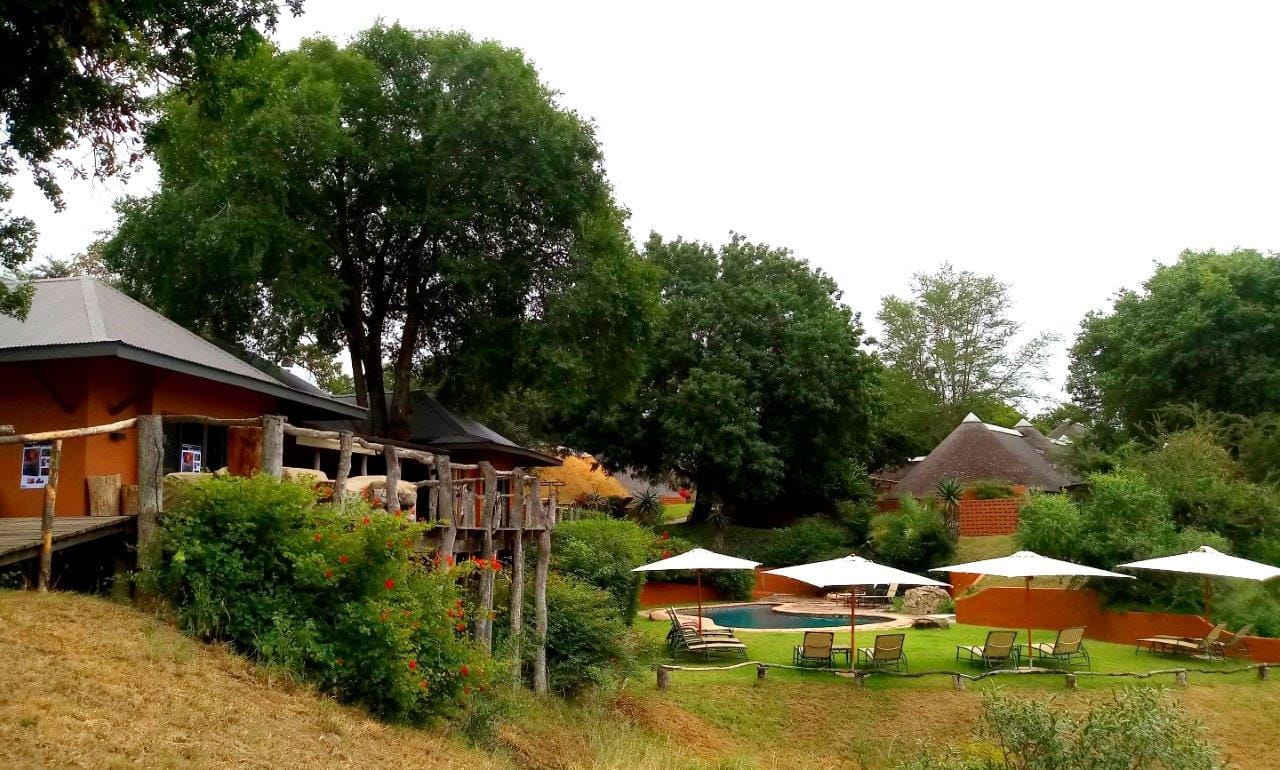
South Africa’s regional roads provide an additional layer of accessibility. The N2 Garden Route, stretching from Mossel Bay through Knysna to the Tsitsikamma forests, is a living showcase of mountains, ocean, and forest.
Backpacker lodges and family-run guesthouses line the route, offering beds that cost a fraction of high-end resort stays. Even a traveller with a rented car, or even using a reliable backpacker service, can move freely along this coastline without draining their savings.
It is an example of how the country’s infrastructure has made long-distance journeys possible for people outside the narrow bracket of luxury travellers.
Neighbouring countries share similar contrasts. Namibia’s desert landscapes and wild Atlantic coast can be traversed on a budget through camping networks along the C14 or C19 gravel roads, where simple campsites allow access to world-renowned places such as Sossusvlei.
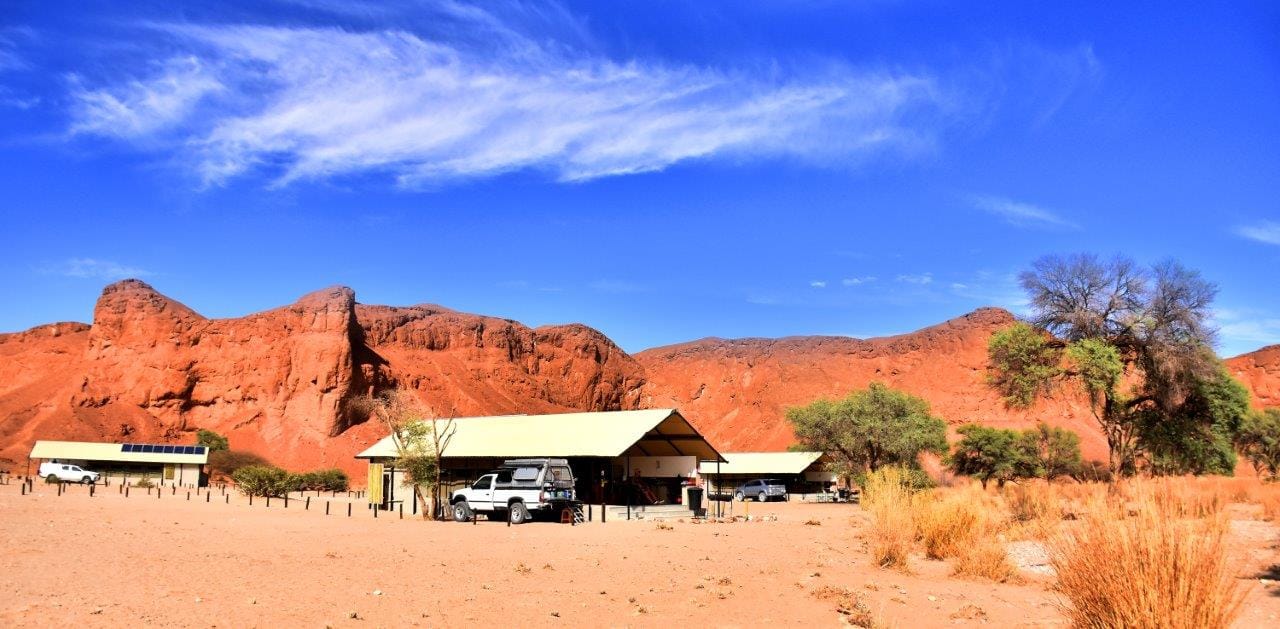

At the same time, luxury desert lodges provide an entirely different experience for those with the means to indulge. Zimbabwe’s Victoria Falls follows the same pattern, with options ranging from riverside campsites near the spray of the falls to suites in the historic Victoria Falls Hotel. The destination is the same, the financial approach is different.
What also needs to be recognised is the cultural richness that thrives outside expensive itineraries. Local taxis, township tours in Cape Town, street food in Durban’s Warwick Junction, and open-air markets in Windhoek offer travellers an intimacy that luxury packages often overlook.
These experiences come at modest costs yet provide encounters that stay vivid long after the trip has ended.
Affordable travel in this sense is not measured in rand or dollars, but in shared meals, chance conversations, and lived moments that wealth cannot replicate.
The image of travel as an elite pursuit often stems from global media, where glossy campaigns spotlight private villas on the Zambezi River or luxury trains rolling into Victoria Falls. While these certainly exist and hold their place, they represent only a sliver of what travelling Southern Africa truly means.
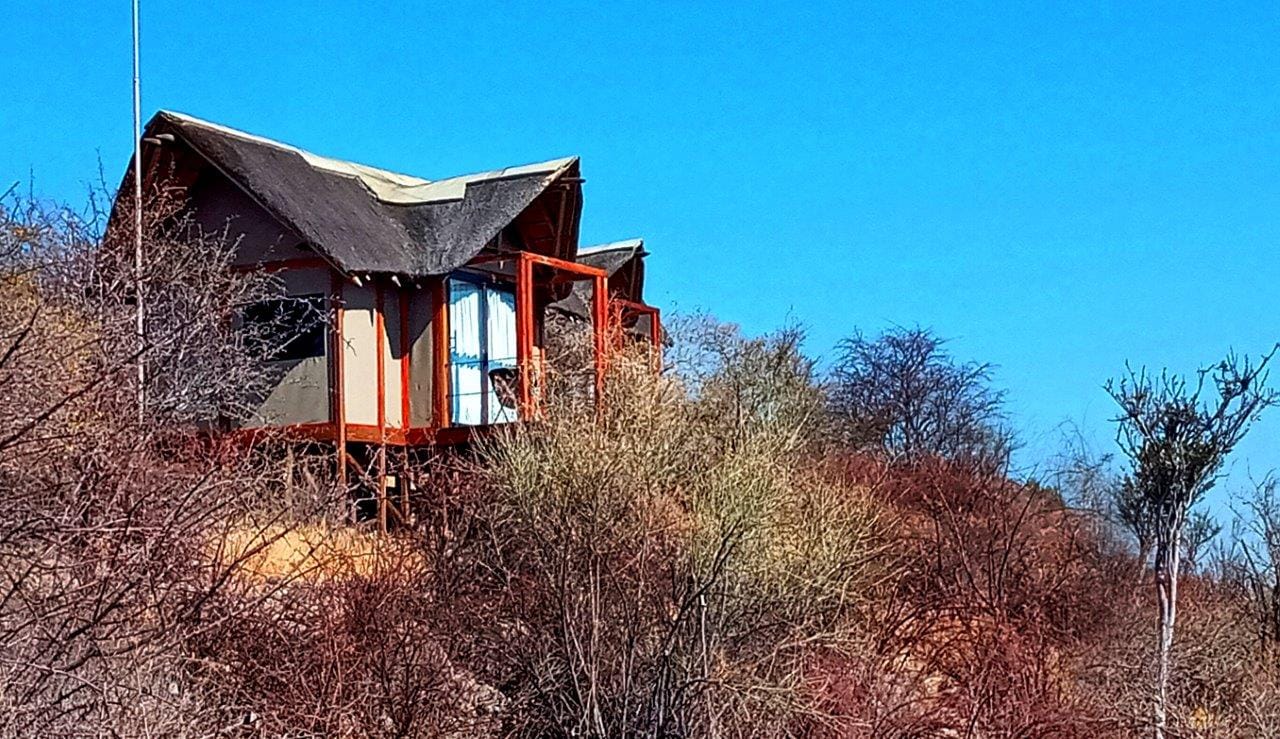
The continent is vast, its landscapes diverse, and its opportunities layered across multiple price points. To dismiss travel as an activity reserved for the rich is to overlook the ingenuity of local hospitality networks and the vibrancy of communities that welcome visitors with generosity rather than exclusivity.
Ultimately, the question is not whether travel is only for the rich, but rather how one chooses to shape the journey.
A well-planned road trip across the Drakensberg mountains, a camping safari in Botswana’s Khwai Community Concession, or a weekend spent in a Swakopmund guesthouse are all examples of experiences that open doors to the same sense of discovery that luxury lodges promise.
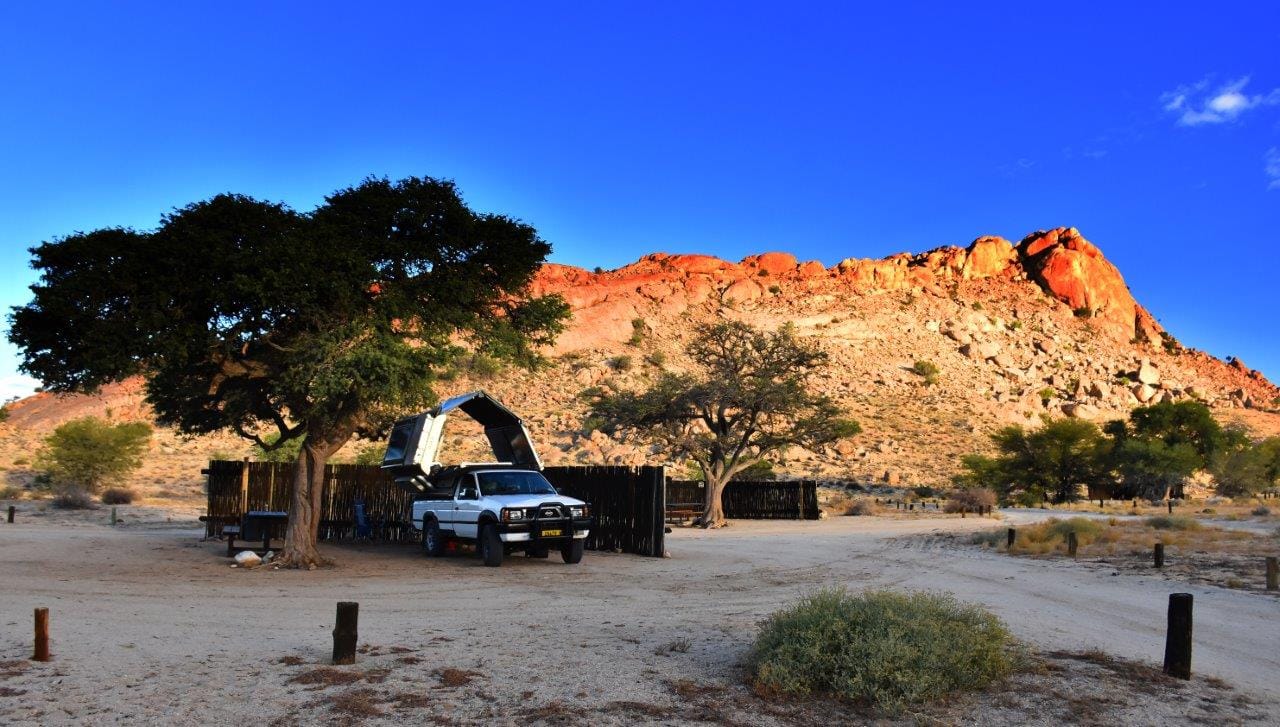
Travel remains a privilege, but not always a privilege restricted to the few. In Southern Africa, the land itself offers its grandeur openly, leaving travellers with the task of deciding whether to explore it in five-star comfort or through simpler, more accessible means.
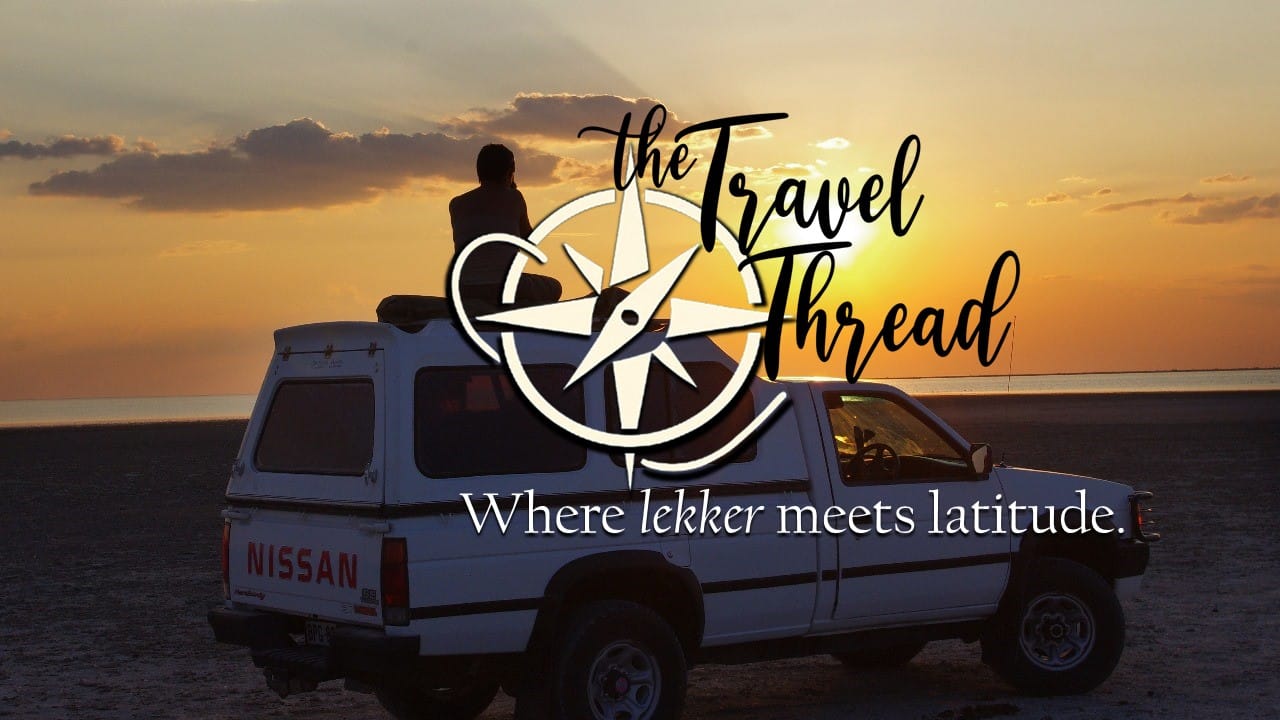



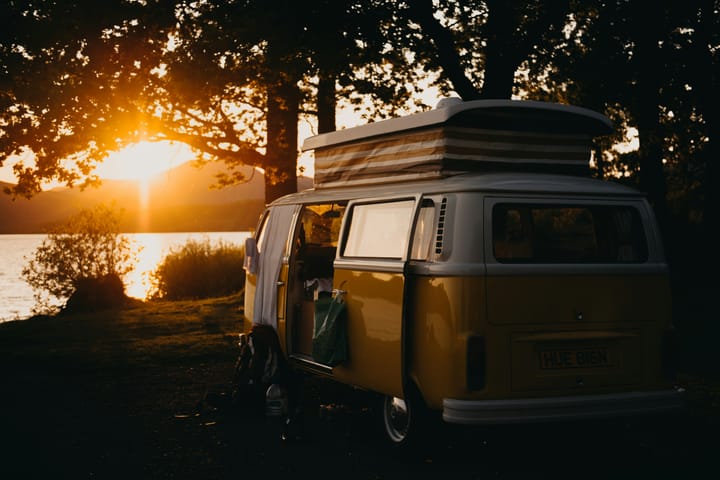
Comments ()